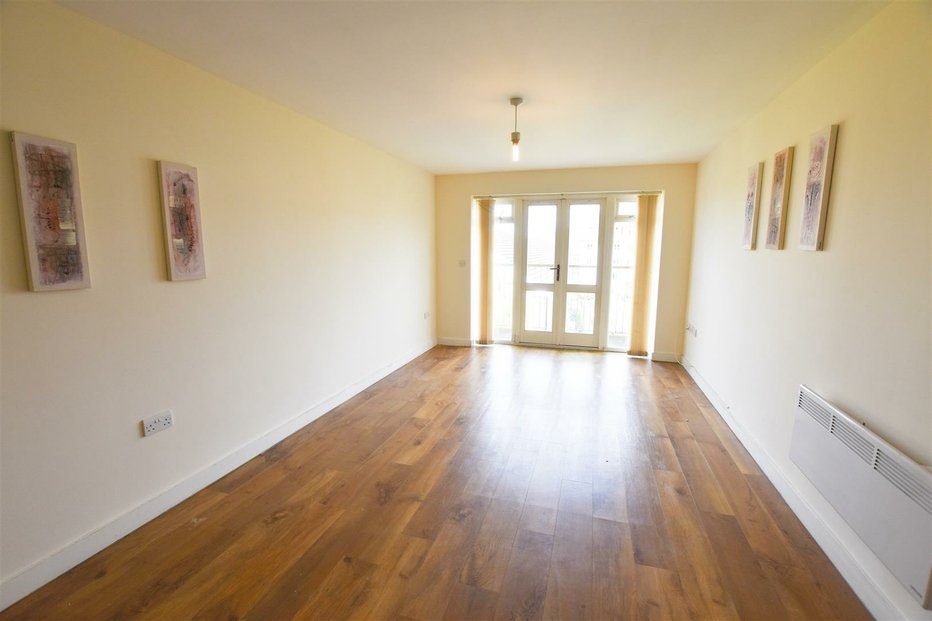The private rented sector in the UK believes that the Chancellor Philip Hammond failed to address the concerns of landlords in his Budget and the lack of positive change could drive more to sell up.
Those working in the sector have pointed out that many buy to let landlords have sold up due to a restrictive tax regime introduced in the last couple of years, including the extra 3% stamp duty on additional homes.
They are also warning that while the announcement that lettings relief will be cut and the Capital Gains Tax exemption period reduced to the final nine months of ownership, could adversely affect some landlords.
From April 2020, lettings relief will only apply in circumstances where the owner of the property is in shared occupancy with the tenant, in other words it will be abolished for non-resident landlords, selling properties they had previously lived in while the final period exemption is also set to be reduced, from the current 18 months to nine months.
According to Sam Mitchell, chief executive of online estate agents Housesimple, any home owners who were thinking of let to buy as an option, will now have second thoughts as they’ll likely face a much larger capital gains tax bill.
‘And anyone who rented out their previous home, and has equity locked up in that property, will now be thinking it’s best to sell sooner rather than later if they want to avoid a massive capital gains bill further down the line,’ he said.
‘This decision will cut off another source of rental properties, and good quality ones in many cases, as the landlord lived there before renting. Although cutting lettings relief might see more properties coming up for sale, the rental market will be the loser at the end of the day,’ he added.
Rory O’Neill, head of residential at Carter Jonas, said it was disappointing that the Chancellor did not explore the correlation between financially squeezed landlords, many of whom struggle to invest in their properties, and tenants struggling to find homes that are fit for purpose.
‘In throttling landlords with the removal of taxation relief, many are vacating the market altogether, which is creating a shortage of good quality lettings properties in an affordable price bracket. Not ideal when so many tenants are already crippled by rents and unable to save for a deposit of their own,’ he pointed out.
‘Whilst the Chancellor again outlined the Government’s desire to boost home ownership, he failed to address the needs of the millions of people who cannot or do not want to rent,’ said David Smith, policy director for the Residential Landlords Association.
‘With the demand for private rented housing rising whilst supply is shrinking, we needed pro-growth taxation measures to ensure that tenants have an adequate supply of housing to choose from,’ he pointed out.
‘Despite being given innovative suggestions to protect tenants in their homes, encourage sale to tenants, and improve energy efficiency, we got a damp squib with little more than promises of further consultations. Eventually the Government will need to stop consulting on the housing crisis and take action,’ he added.
















Having bought through Cameron, i felt they kept me update to date with everything that was going on. There was no hassle arranging viewings, and they helped me all the way through the process. Good, efficient service. Will definitely recommend!
... read more